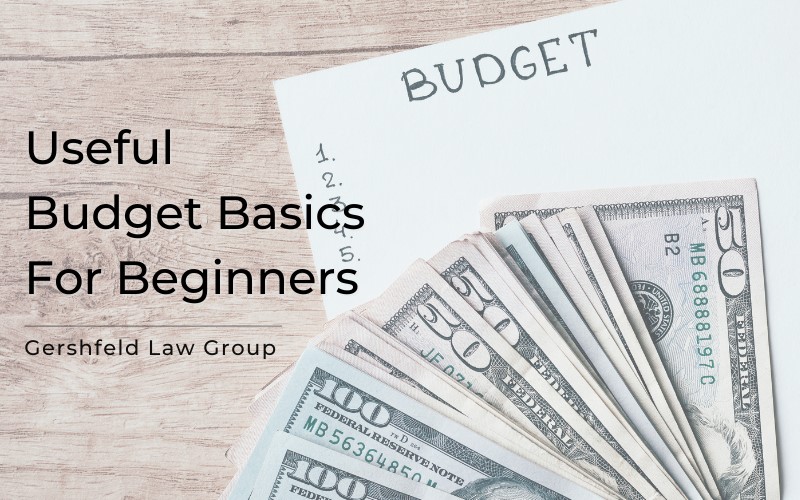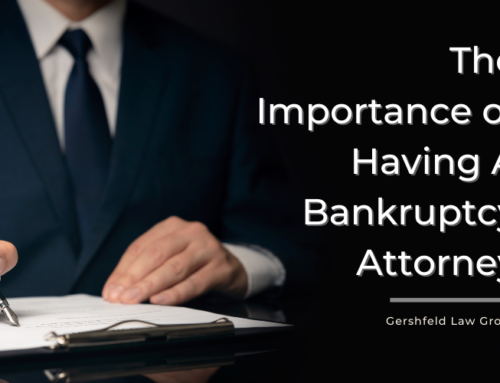The word “budget” brings up images of penny-pinching and the unpleasant duty of crunching numbers for most people. This couldn’t be further from reality. A budget is the foundation of a solid financial foundation, and it may assist you in developing a more positive money view. Making a budget isn’t difficult if you know how to do it.
Is A Budget Really For Everyone?
Budgeting may seem like dieting for many individuals. You might make a budget or start a diet in an effort of saving money to go on vacation or lose weight, respectively. However, after making a mistake by eating a slice of cake or overspending on a new winter coat, you might be tempted to shred the budget or declare ‘screw it’ to the diet.
But just like dieting may not be for everybody, having a budget may not be for everybody either. Consider the language surrounding budgeting and dieting, which is frequently imbued with moral overtones: When you break your diet or overspend, you’re a sinner and glutton, while when you can stick to strict spending limits or calorie counts, you’re self-disciplined. It may frequently feel like a reflection of your character if you don’t stick to your budget or diet.
Many people find that budgets don’t function in the same way as one-size-fits-all eating plans or diets don’t work long term. Instead, we believe that money is personal. We don’t think it’s about budgeting; rather, it’s all about spending and investing well. Take a look at these useful budgeting and spending tips.
First, let’s take a look at what a budget is.
What Is a Budget?
A budget is a breakdown and plan of how much money you’ll make and spend each month, including every penny. Could you imagine a company succeeding if it didn’t keep track of its income and expenses?
When it comes to your own finances, the same is true. Your road to financial success may go without a lot smoother than it needs to if you don’t have a clear budget or a strategy for controlling your spending each month.
The most common fear associated with creating a budget is that you will have to drastically reduce all of your enjoyable expenditures, such as the occasional coffee or dinner out, movie night, or even a trip to Grandma’s for the holidays. This is how you should not think about your spending plan. A budget is a helpful tool, not a punishment in reality. But, where can you start?
Before putting together your annual budget, you should first figure out how to pay all of your bills and distinguish between needs and wants. It may be eye-opening to acknowledge areas where you are spending too much.
Creating a budget and following it can help you save money and reach your short- and long-term financial objectives. This isn’t something that will happen overnight. If you get a financial gain or setback, revisit and rethink your budget to reflect your current circumstances. Are you ready to begin?
How To Make a Budget
The following are the main components of a monthly or annual budget:
- Fixed Expenses:
These are expenses that stay the same from month to month, rent payments, lease costs, salaries, utility bills, insurance, and loan repayments. Some kinds of taxes, like business licenses, are also fixed costs. Since you have to pay fixed costs regardless of how much you sell, you should be careful about adding fixed costs to your small business.
- Flexible Expenses:
These are expenses that change from month to month, such as how much you spend on utilities. A flexible expense is a discretionary purchase that can be altered or eliminated without a significant downside. These are non-essential expenses that stand in contrast to fixed expenses. Flexible expenses should be included in a budget to manage an individual’s overall finances.
- Total Expenses:
These are the combined amount of your fixed and flexible expenses.
- Total Monthly Income:
This is the income from your job or other resources including investment dividends, pensions, Social Security benefits, rental income, and more.
- Disposable Income:
This is the money you have leftover after you subtract your income taxes from your income.
Now that you know what your expenses are, what’s the best way to start budgeting?
Try a simple budgeting plan
To get the most out of your money, we recommend following a 50/30/20 budget. You spend roughly 50% of your after-tax dollars on necessities, no more than 30% on wants, and at least 20% on savings and debt repayment in this plan.
What most people like about this 50/30/20 plan is its simplicity. Someone who follows these guidelines will be debt-free, have a little wiggle room, and have a financial safety net to use for unforeseen or regular expenditures.
Allow Up to 50% Of Your Income For Essential Expenses
Your financial requirements should be met with at least 50% of your after-tax income, which includes:
- Groceries.
- Housing.
- Basic utilities.
- Transportation.
- Insurance.
- Minimum loan payments or paying back debt.
- Child care or other expenses you need so you can work.
If your absolute necessities exceed 50%, you may need to draw on the “wants” portion of your budget for a time. It’s not the end of the world, but you’ll have to change your spending habits.
Even if your fixed costs exceed 50 percent of your income, it’s a good idea to check on them from time to time. You may discover a better cell phone plan, the opportunity to refinance your mortgage or cheaper automobile insurance. That leaves you with more money to apply elsewhere.
Set Aside 30% Of Your Income For “Wants”
It might be difficult to distinguish desires from necessities. In general, though, needs are required for you to live and work. Meals out, presents, travel, and entertainment are examples of common wants. It’s not always simple to decide. Is a restorative spa visit (including massage advice) a want or a requirement? How about organic food? Decisions differ from person to person.
If you want to get out of debt as quickly as possible, you might be inclined to postpone your wants until you have some cash or your bills are under control. However, your budget should not be so tight that you are unable to purchase anything for pleasure.
A budget should give you both wiggle room and some money to spend as you choose. Perhaps you missed an item on your budget or one turned out to be bigger than anticipated. Your budget shouldn’t be a straitjacket that prevents you from living life to the fullest. If there’s no money for fun, you’ll be less likely to stick to your budget — and keeping a healthy financial plan is one of the most important things you can do.
Commit 20% Of Your Income To Savings and Debt Repayment
20% of your after-tax income should go towards putting something away for the unexpected, saving for the future, and paying off bills. Make sure you consider the long term when it comes to finances; that may imply jogging between savings and debt repayment in order to achieve your most important objectives.
Gershfeld Law Group’s Budget Tips
Making a budget may mean you’ll cancel one of your magazine subscriptions, go out to dinner one month, or simply see a matinee instead of the scheduled program. Typically, just saving a few dollars here and there might be enough to not only ensure that you spend less than you earn but also to contribute a few additional dollars to high-interest credit card debt or your retirement account.
Take note of your budget on a monthly basis, and be sure to account for any changes in income or spending. Your budget should be flexible enough to change as your financial circumstances change so that you may build a better bottom line. If you still find yourself having trouble paying off debt and you can’t squeeze your budget anymore, contact Gershfeld Law Group today to know more about our debt settlement program.






